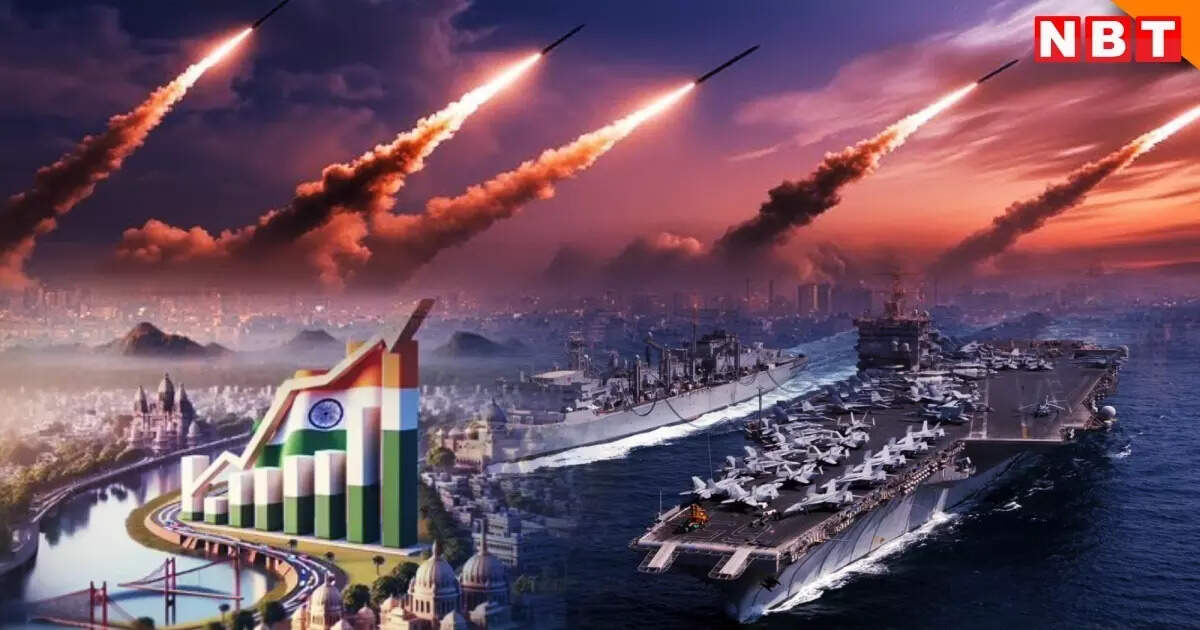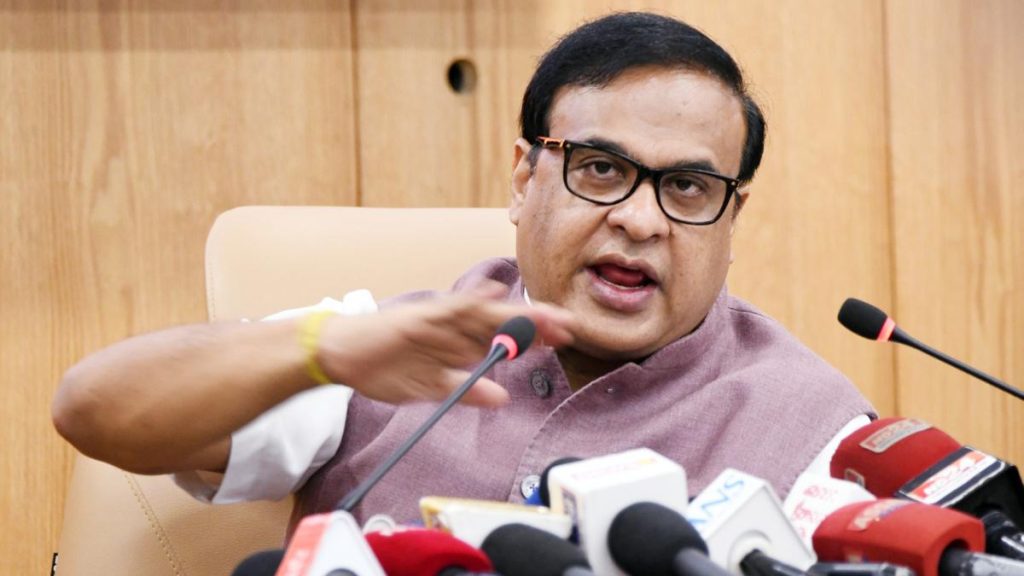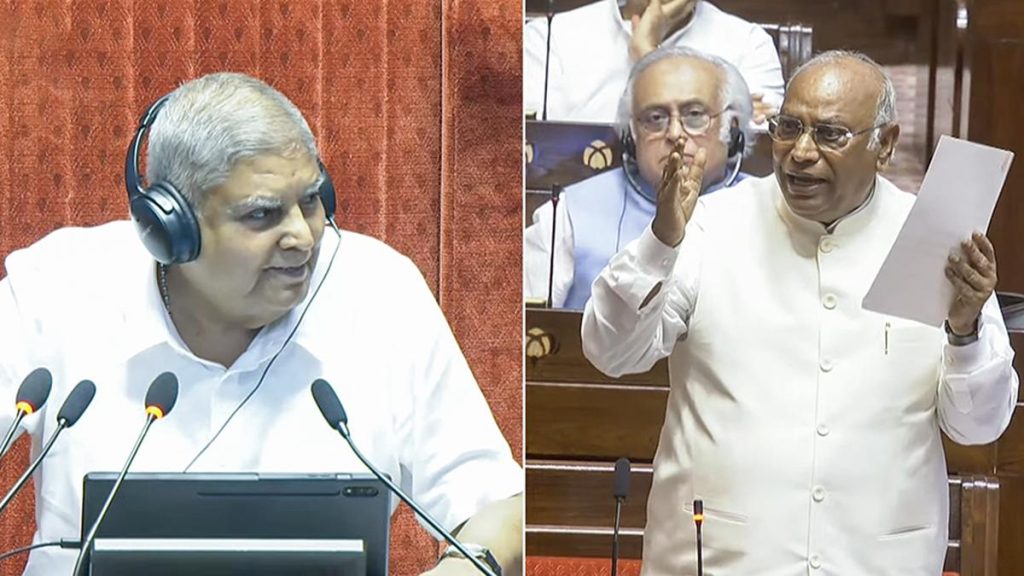Now Reading: ईरान-इजरायल युद्ध से बढ़ा खतरा, भारत को झेलनी पड़ सकती हैं कई चुनौतियां
-
01
ईरान-इजरायल युद्ध से बढ़ा खतरा, भारत को झेलनी पड़ सकती हैं कई चुनौतियां
ईरान-इजरायल युद्ध से बढ़ा खतरा, भारत को झेलनी पड़ सकती हैं कई चुनौतियां

Rapid Summary
- Conflict and Impact: Rising tensions between Iran and Israel over attacks on military and energy infrastructure in Hormuz Strait have led to concerns about oil and gas supply disruptions, affecting global markets.
- Economic Risks for India: Disruptions could significantly impact India’s economy by increasing the oil import bill (potentially $13-14 billion with a $10 per barrel rise) and expanding Current Account Deficit (CAD) by 0.3% of GDP. Inflation is expected to rise due to higher costs of petrol, diesel, and other goods.
- Critical Trade Route: The Strait of Hormuz handles nearly 20% of global oil transport. Approximately 45-50% of India’s crude oil imports and 60% of natural gas imports pass through this region. Any prolonged disruption would challenge India’s energy security.
- Oil Prices Surge: Oil prices have risen from $64-$65 per barrel to $74-$75; further escalation could push prices higher,potentially affecting Indian economic growth projections (currently at 6.2%) if sustained above current levels.
- Sectoral Impacts: Higher crude prices may benefit oil production firms but adversely affect refinery margins while cutting LPG subsidies for consumers.
- Limited Alternatives: Pipelines in Saudi Arabia/UAE offer limited relief with additional capacities for rerouting but can’t fully offset potential supply scarcity during intensified conflicts.
Indian Opinion Analysis
The geopolitical volatility near the Strait of Hormuz underscores India’s vulnerability as one of the world’s largest energy importers reliant on this critical route. A sustained disruption or escalation in tensions could push up inflationary pressures, burdening households through increased fuel costs while squeezing profits across industries reliant on affordable crude inputs.
While short-term fluctuations are unlikely to derail GDP growth projections entirely,prolonged instability may add financial strain by spiking CAD figures or discouraging private sector investments amidst heightened uncertainty within the global market framework.
India’s long-standing dependence on imported hydrocarbons necessitates discussions around energy diversification strategies like expanding renewable capacities or investing in stable international partnerships that can cushion such disruptions better in future.
Read More: Navbharat Times – Original Article




























